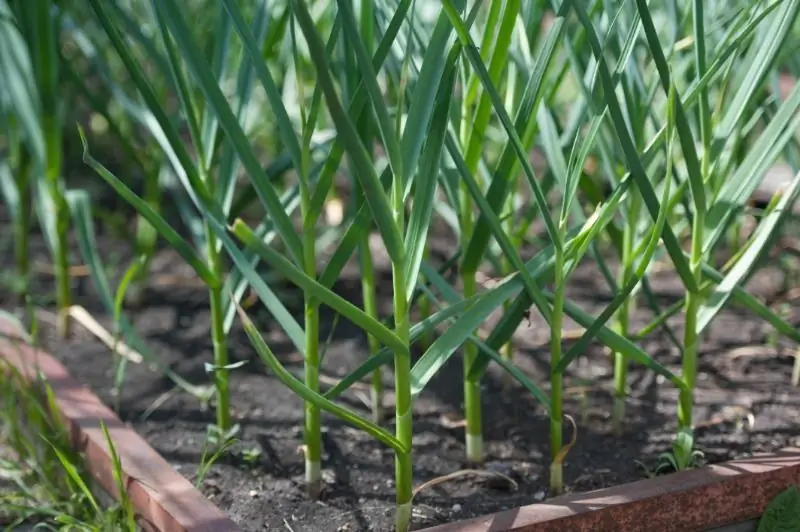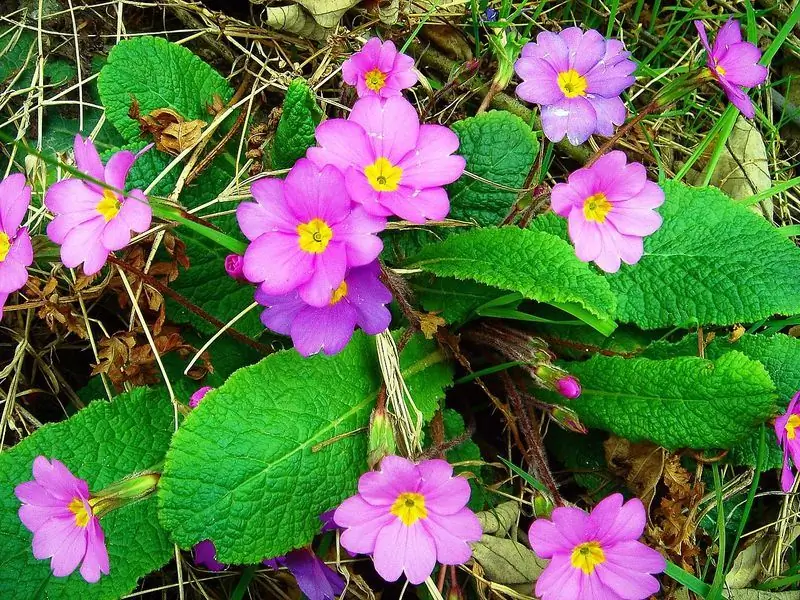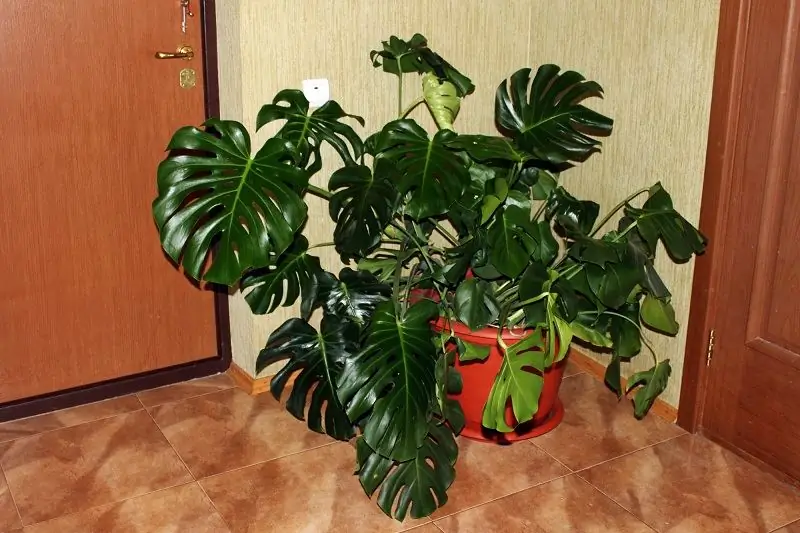
Table of contents:
- Author Bailey Albertson albertson@usefultipsdiy.com.
- Public 2023-12-17 12:53.
- Last modified 2025-01-23 12:41.
What vegetables and herbs will yield crops even in the shade

Some country houses are located in shaded areas, and their owners are interested in the question of which crops are not afraid of a lack of sunlight. We will tell you what can be planted in places with a lack of lighting.
White cabbage

Frost-resistant and hardy white cabbage will be comfortable even with the smallest amount of light. Excessive sunrays will cause large, open leaves to grow and prevent large, strong heads from forming. In quiet, shaded areas, the crop grows more actively.
Peas and beans

Although legumes prefer sunny areas, they can easily adapt to growing in partial shade. For their favorable growth, 5 hours of light a day is enough. The optimal part of the garden for planting them can be considered the land under the apple trees. Such a neighborhood will help the tree receive additional nitrogen fertilization.
After harvesting, green tops are recommended to be left directly in the garden. This will allow the soil to be enriched in organic and mineral substances.
Sorrel

Sorrel is unpretentious and can grow in the darkest areas. He is afraid of direct sunlight, so a shaded place will be ideal for him. The plant will feel comfortable under the crown of trees or shrubs, in the shade of a house or under a fence. The leaves of sorrel grown in the shade will be medium-sized, but tender and tasty.
Garlic

When cultivating garlic under trees, expect small heads. From a lack of sun, the taste and benefits of the vegetable will not suffer. In addition, in the shade, the garlic will not turn yellow and will hurt less, and its cloves will be more aromatic.
Carrot

This vegetable can be safely placed in areas with variable shade. Four hours of sunshine per day is enough for carrots. In absolute shade, the roots will be small, only the tops will stretch. The harvest will ripen a little later than in a sunny place, but it will not suffer from the scorching heat either. A bed under a tree with a loose or thinned crown would be ideal.
Chives

The chive bow has an incredible ability to enslave territories. After 2-3 years, the plant fills the entire area. It perfectly takes root in the shade and gives a crop for more than one year in a row.
Onions grown in shaded land boast more lush, fragrant, and succulent greens than their sunny garden neighbors. It pleases with light purple inflorescences and an early harvest and attracts pollinating insects to the site, which helps to reproduce not only for it, but also for neighboring crops.
Broccoli

Excessive light can damage broccoli and cause it to shoot and bloom quickly. Penumbra, on the contrary, will contribute to the formation of denser, more appetizing and juicy heads. For culture, 6 hours of sunshine a day is enough.
Salad

Both leafy and head lettuces are excellent at adapting to shaded areas. Arugula, mustard, watercress, spinach, lettuce - they all grow magnificently in a garden heated by the sun for 2-3 hours a day. Their foliage will be slightly smaller, but will acquire the ability to remain soft and tender, retaining the original flavor for a long time.
In sunny places, lettuce leaves will grow too much, quickly become rough and give off an unpleasant bitterness.
Beet

Beets grown in the shade will be softer and softer, but slightly smaller compared to a neighbor from a sunny area. The harvest will have to wait a little longer.
In beds with intense sun, the vegetable will actively grow upward and give all the nutrients to the tops, and not to the roots. A root crop, planted in a place with variable lighting, will be able to independently regulate the growth of its “tops and roots”.
Radish

A fast-growing radish will not mind planting in the shade between rows of other crops. They can safely fill the empty spaces between the trees. The direct sun will provoke the growth of large arrows, absolutely incompatible with the development of the root crop.
By picking ripe vegetables and pulling them out with his hands, the gardener produces additional soil cultivation.
Zucchini

For excellent ripening, zucchini and zucchini need 5-6 hours of sun per day. Compact fruits, ripening in a shaded place, are more tender and juicy and have fewer seeds.
Recommended:
Tomato Wonder Of The World: Description, Characteristics, Yield Of The Variety, Cultivation Features, Reviews, Photos

What is interesting about the wonder of the world tomato, whether it is necessary to plant it with dozens of bushes. What are the features of agricultural technology of this variety. How the crop is used
What Flowers Can Be Planted In The Shade: An Overview Of Plants That Do Not Like The Sun, Photo

A selection of shade-loving and shade-tolerant ornamental plants for summer cottages
Shade-loving Indoor Plants

Unpretentious indoor plants that are comfortable in the shade and their main conditions of detention
Perennials That Bloom In The Shade

What beautiful shade-loving perennials can be planted on your site
Plants That Thrive In The Shade Of Trees

What plants feel great in the shade and can decorate the area next to a high fence and under a dense crown of trees
